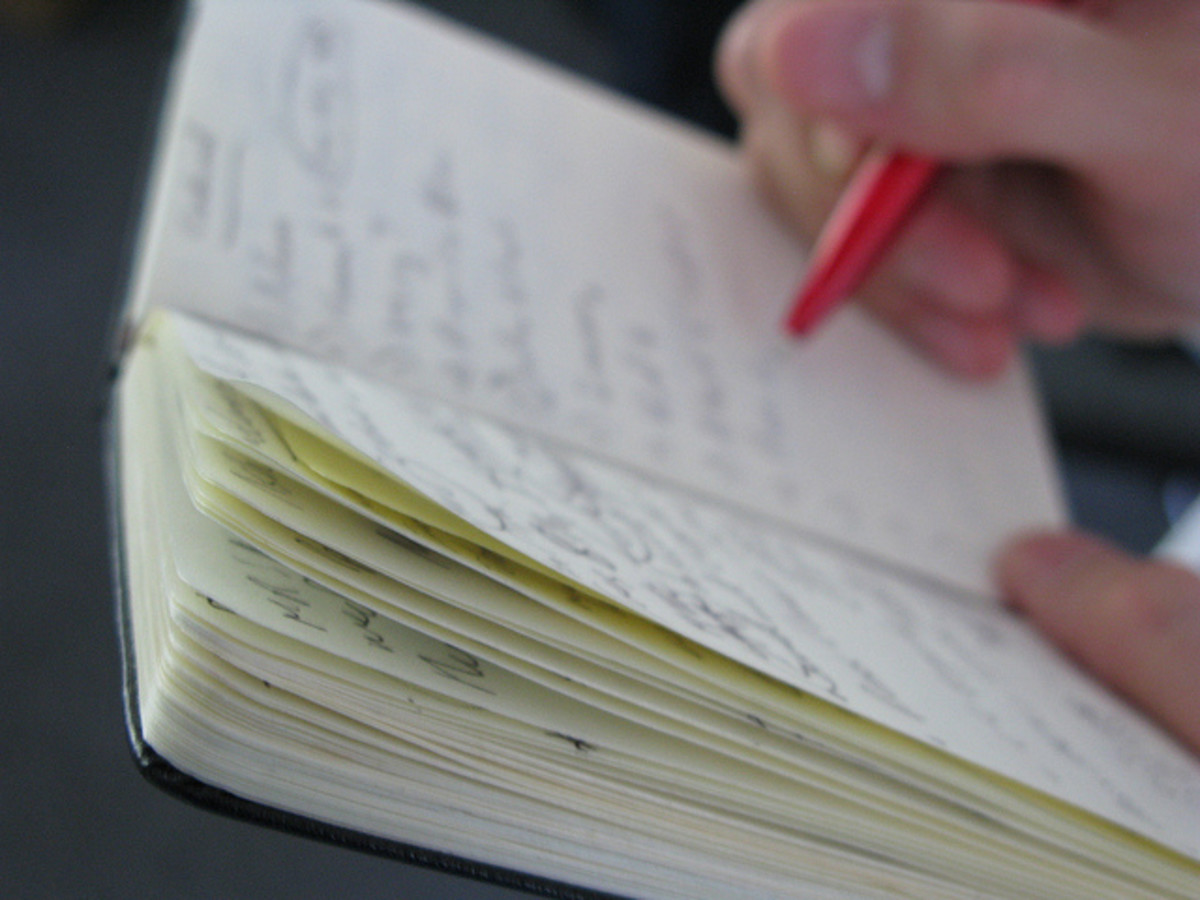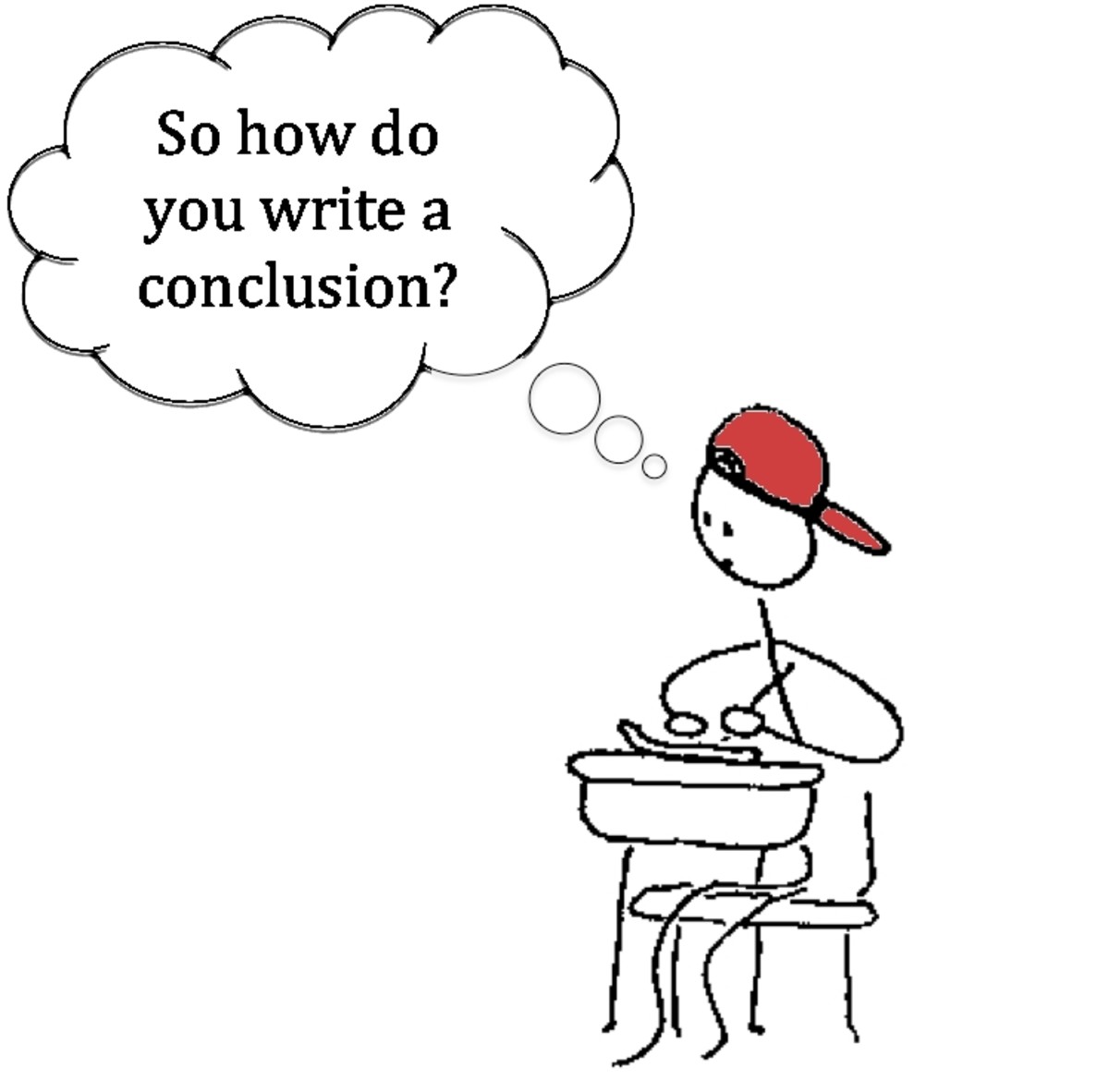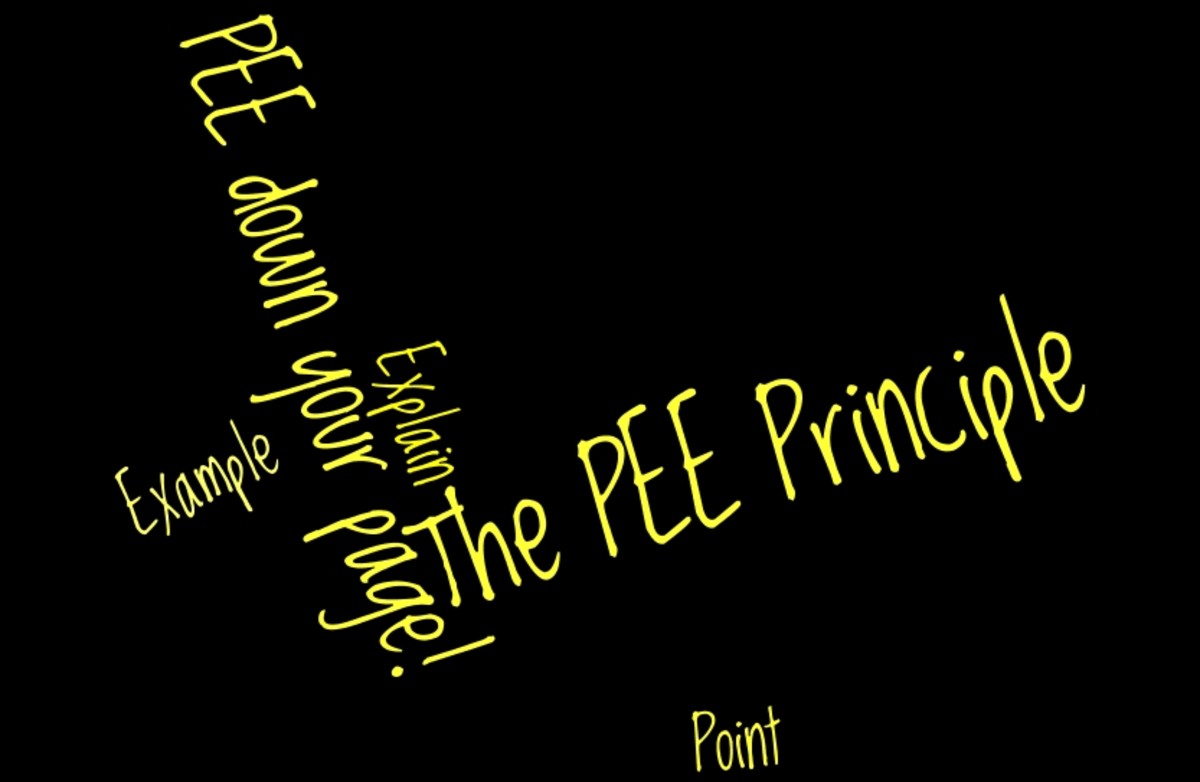How to Write a Literary Analysis for a Research Paper
Do you have a research paper due and need to write a literary analysis? Do not fret, this article will give you step-by-step instructions on how to write a perfect literary analysis that will help you get the grade you deserve.
A literary analysis is used in research papers to give background information on the subject you are researching. This analysis is meant to show what research has already been done on your subject and prompt questions that you will answer in your essay.
Philosopher Bernard of Chartres once said that "we are like dwarfs on the shoulders of giants, so that we can see more than they, and things at a greater distance, not by virtue of any sharpness of sight on our part, or any physical distinction, but because we are carried high and raised up by their giant size." What he meant by this passage is that since there is probably already research related to your topic, you are building upon what other researchers have discovered.
Similarly, a literary analysis covers all of the research done prior to your paper, dissertation or essay, while showing the need for further research. So, your literary analysis should be a summary and critique of older research--not an introduction to your own. This article will help you make the perfect literary analysis.


How Many Sources Do I Need?
# of Pages Required for Length of Entire Essay
| # of Sources Needed
|
|---|---|
50 or more
| 25 (at least)
|
40-50
| 20-30
|
30-40
| 15-20
|
20-30
| 10-15
|
20 or less
| 5-10
|
Research
Before writing your literary analysis, you will have to read all of the relevant materials to your topic. You can search databases like Google Scholars, JSTOR and INFOMINE for these articles. Make sure to use only peer-reviewed articles in order to assure that your sources have accurate data.
Read and Collect Quotes
Once you have a good amount of articles (see the right for page lengths and number of sources), you will have to read them through and highlight or copy-and-paste quotes from these articles that you would like to include in your text.
You will also want to write points that the article makes. Remember, citing someone does not always mean that you quoted them. If they state something in their work that you would like to use and not quote, write down the point you like from their essay.
You may not use all of the quotes you collect, but collecting them is vital to your understanding of the topic as well as organizing your literary analysis.
I suggest collecting quotes in a word document or on index cards. While you collect quotes, try to organize them by topic. Helpful (and general) topics to use include: history, causes, effects. These are much too general to tie to a specific study, but they may be helpful if you make them more specific (i.e. the history of the vinyl record, the making of the CD, the effects of CD reissuing on vinyl record sales).
Remember to always cite your sources as you collect quotes and ideas. By placing them right next to the quote or point, you will not have to remember who wrote it later on. This will save you a ton of time, trust me.

Is this information helpful to you?
Organizing Your Quotes
Once you have finished reading, reorganize your collected quotes. You will want to start with a history of the subject. If you didn't do this already in your introduction, it will give a nice background on the subject as well as show that you have done your research.
After you have placed all of your history quotes together, you can start sorting the other points. Now, remember, a literary analysis is not formatted in a "he said, she said" fashion. You want to have opposing arguments next to each other, but do not write a paragraph per source.
A literary analysis should NOT look like this:
Johnson wrote, "Dogs have fleas..." (Johnson 2004: 1).
Shelly wrote, "Dogs don't have fleas..." (Shelly 2002: 2).
Higgins writes that fleas like cats better (Higgins 1999: 43).
A literary analysis should look more like this:
While Johnson writes that "Dogs have fleas" (Johnson 2004: 1), Shelly states that they do not (Shelly 2002: 2). Higgins believes that Shelly may be right due to the fact that fleas like cats better (Higgins 1999: 43).
See how the last example tells you more about the contrasting ideas rather than lumping them on top of each other? The literary analysis needs to have a cohesive feel--almost like a mini-paper on research that has already been done about your topic.

Fill in the Blanks and Write
Now that you have sorted all of your quotes and points, you will now have to fill in the blanks of your essay with original text. Like the example above, you will need to compare the ideas of others while forming a cohesive narrative that explains why you want to perform further research.
At the end of your literary analysis, introduce what your research is about and how this will add significant information to society. If you need any more tips or have questions, feel free to leave them below in the comments section and I will be happy to help you.

Helpful Links for Writing your Paper
- How to Write an Essay Fast: A Solution to Procrastin...
Have you been procrastinating? Do you have a paper due in less than 24 hours? Do not panic. While you should have managed your time more wisely, there is still a way to finish your paper in time and get the grade you deserve. This article will help y - How do you Write an "A+" English Paper: Outline and ...
There are many ways to write a paper that will get you an A+, but this article will help you get that grade stress-free.







